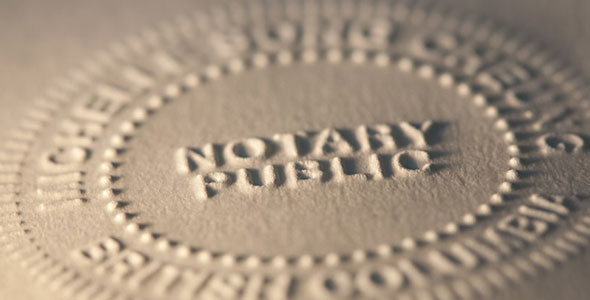Debunking Notarial Job: Simplifying the Function and Value of Notaries
Their duty, usually shrouded in mystery for numerous, carries considerable weight in making sure the legitimacy and honesty of vital records. By untangling the intricacies bordering notarial techniques and dropping light on the importance of their acts, a clearer understanding emerges of the important role notaries play in maintaining the textile of legal and lawful agreements.
The History of Notarial Job
The background of notarial work dates back to old civilizations, where scribes played a vital duty in taping vital information and verifying papers. This led to the advancement of notaries, people appointed by the state to act as neutral witnesses in legal issues.
Throughout the Middle Ages, notaries got prominence in Europe, with their features expanding to include composing legal documents, licensing trademarks, and protecting documents. The surge of worldwide trade further emphasized the importance of notarial operate in confirming agreements and arrangements across borders.
In the modern period, notaries remain to play a vital role in lawful and organization deals by verifying identifications, verifying the authenticity of records, and protecting against fraud. Their function in accrediting the legitimacy of arrangements adds a layer of safety and count on to the ever-evolving landscape of commerce and regulation.

Duties and Obligations of Notaries
Notaries play a vital role in confirming the credibility of papers and the identity of signatures. One of their main responsibilities is to witness the signing of crucial files, such as contracts, wills, and acts, to ensure that all events are getting in right into contracts knowingly and willingly.
They certify copies of original documents, providing assurance to establishments that the duplicates are real reproductions of the originals. On the whole, the duties and responsibilities of notaries are important in protecting the integrity and legitimacy of different files and deals - Deceased Estate.
Notarial Certificates and Signatures
Exemplifying thorough attention to information, notarial certifications and signatures act as essential parts in verifying the authenticity of lawful files. Notarial certificates commonly contain vital details such as the day of notarization, the names of the signatories, a summary of the paper, and the notary's official seal. These certificates supply a clear record of the notarial act, guaranteeing that the document can be easily recognized and traced back to the notary that supervised the process.
Trademarks play a pivotal function important source in notarial job, as they represent the arrangement and approval of the celebrations included. Notaries meticulously witness the finalizing of records to verify the identity of the notaries and confirm that they are authorizing of their very own free choice. By fastening their main seal and signature to the document, notaries accredit that the essential procedures have actually been adhered to which the file is enforceable and valid.
In significance, notarial certificates and trademarks are the characteristic of credibility in legal purchases, giving guarantee to all celebrations entailed that the files are genuine and binding.
Value of Notarial Acts

Registration Process Clarified
The registration process typically begins with the specific offering the paper to a notary public. When the identity is validated, the notary makes certain that the specific signing the document does so willingly and without any type of coercion.

Conclusion

Notarial certificates typically include vital information such as the date of notarization, the names of the notaries, a description of the record, and the notary's main seal. These certificates offer a clear record of the notarial act, ensuring that the paper can be conveniently identified and mapped back to the notary that supervised the process.
By fastening their official seal and trademark to the document, notaries license that the needed treatments have been complied with and that the record is enforceable and legitimate.
By confirming the identification of see this site the notaries, verifying their willingness to get in into the arrangement, and certifying the day and area of the finalizing, notaries play a critical duty in upholding the legitimacy of lawful files.After the paper is signed, the notary will affix their main seal or stamp onto the record.